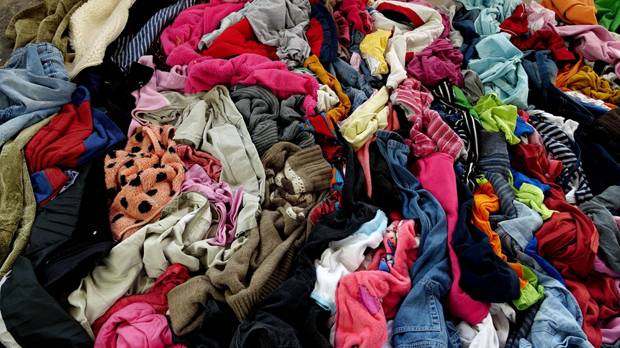A renowned UK-based cosmetics company founded in 1976 by human rights activist and environmentalist Anita Roddick, The Body Shop is facing significant challenges. Recently, the company ceased operations in the United States and announced the impending closure of numerous stores across Canada due to bankruptcy proceedings.
In an official statement released earlier this month, The Body Shop declared the closure of its US subsidiary, effective March 1. Additionally, it disclosed plans to initiate liquidation sales at 33 out of its 105 Canadian stores immediately. Online sales through Canada's e-commerce platform will cease, although all Canadian locations will remain operational for the time being.
Celebrated for its commitment to natural, sustainable, ethical, and cruelty-free products, The Body Shop faced mounting challenges amid a shifting retail landscape and economic pressures. The rise in inflation in recent years particularly impacted the brick-and-mortar retailer, which primarily operated within malls and targeted middle-class consumers.
The Body Shop's ownership also changed multiple times over the years. The company was first acquired by cosmetics giant L'Oreal in 2006 for over $1billion. It was later sold to Brazilian company Natura in 2017 for a similar amount.
Natura's 2023 report highlighted The Body Shop's declining fortunes, with a significant 13.5 per cent Y-o-Y decrease in 2022. The challenges of that year, compounded by the normalisation of consumer behavior post-pandemic, contributed to a drop in sales, especially through direct-to-consumer channels.
In a bid to address its financial woes, The Body Shop was sold to asset management group Aurelius in a deal worth approximately $266 million late last year.












